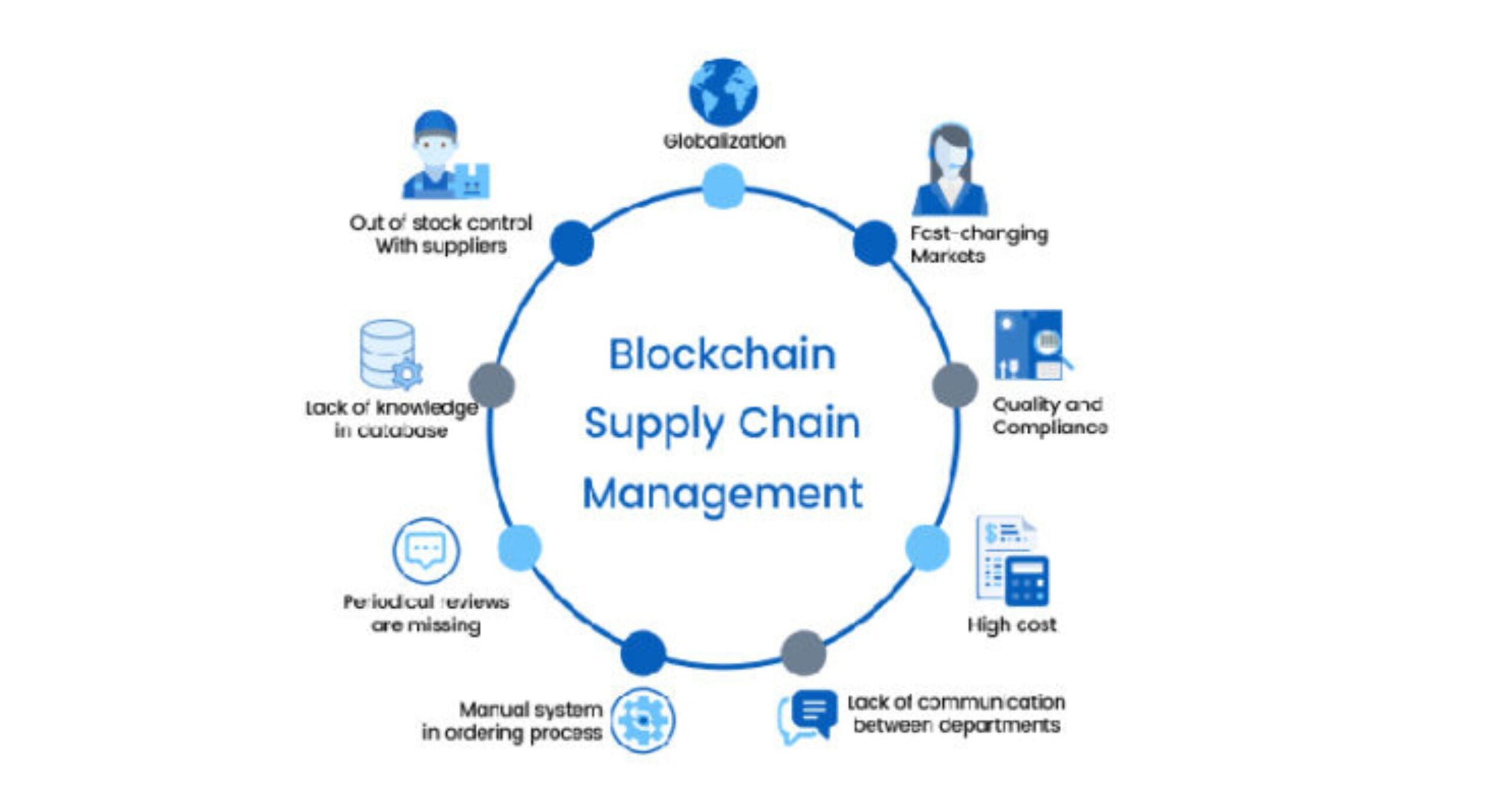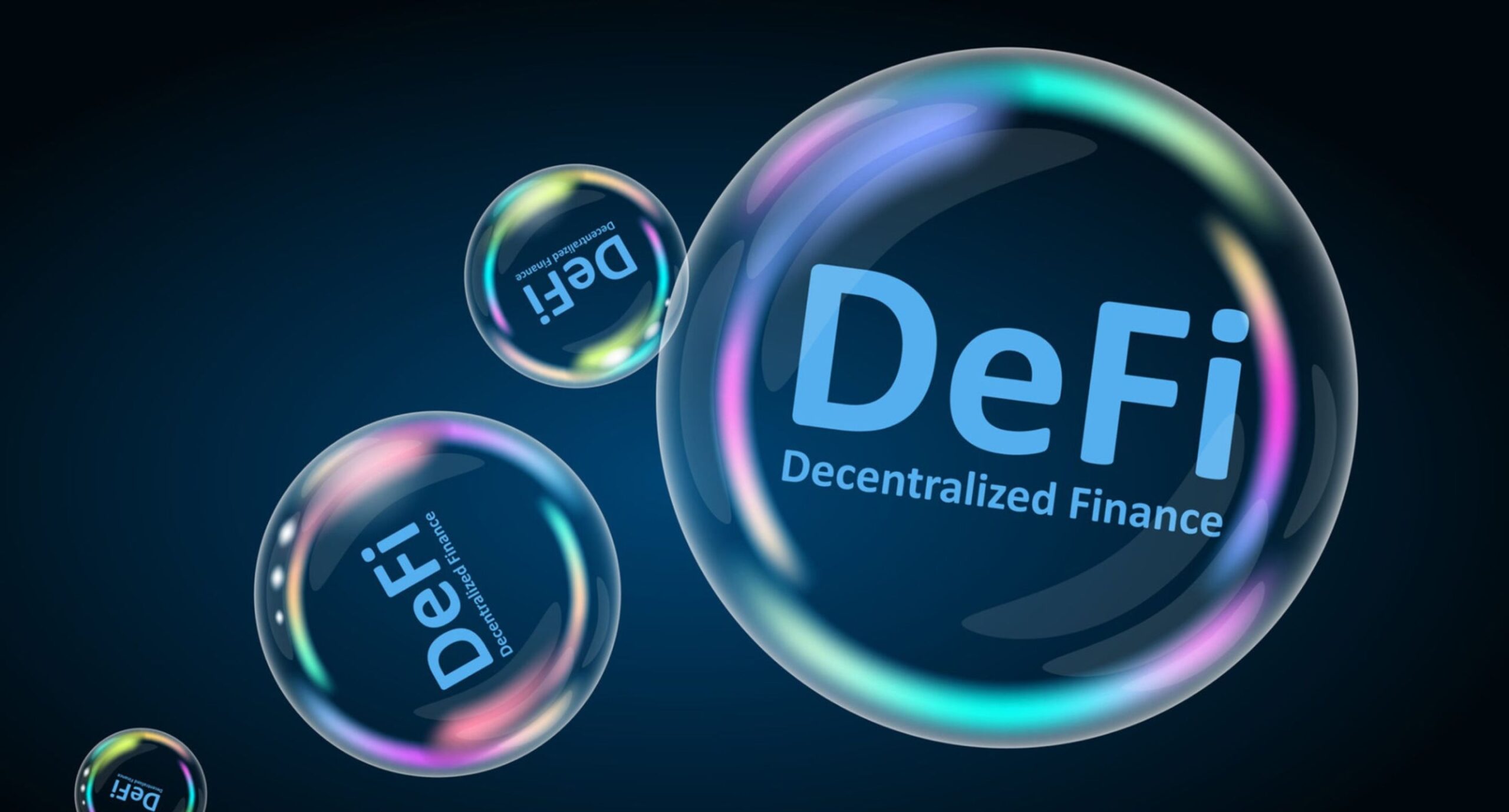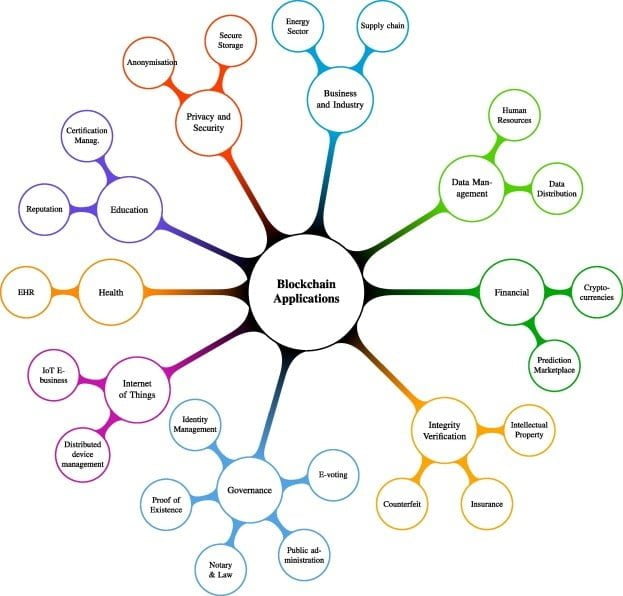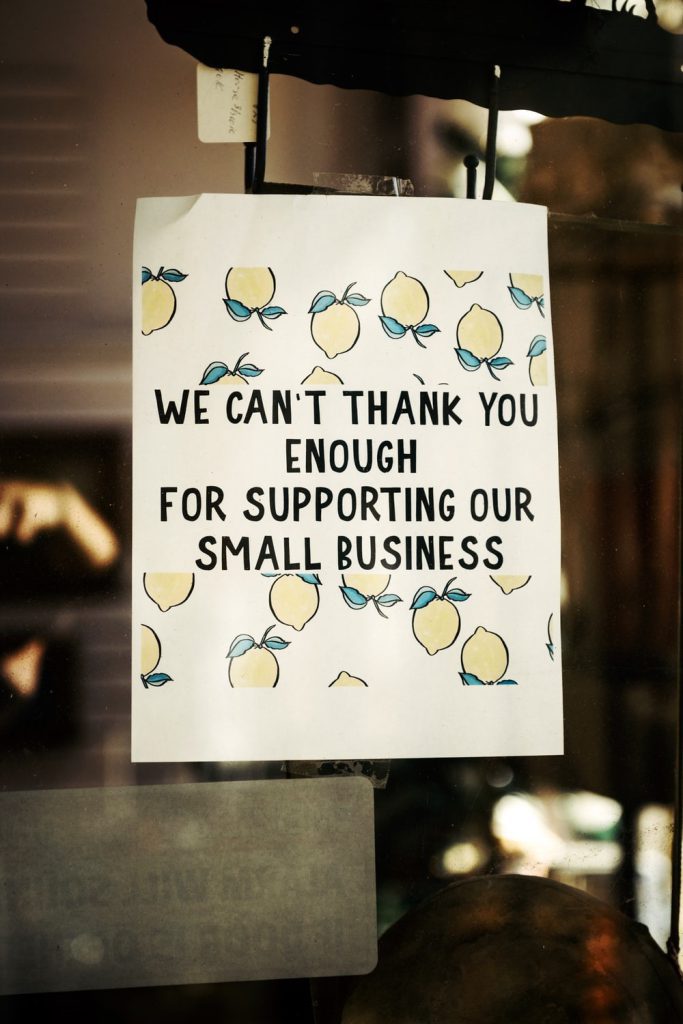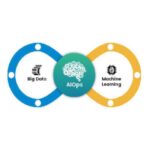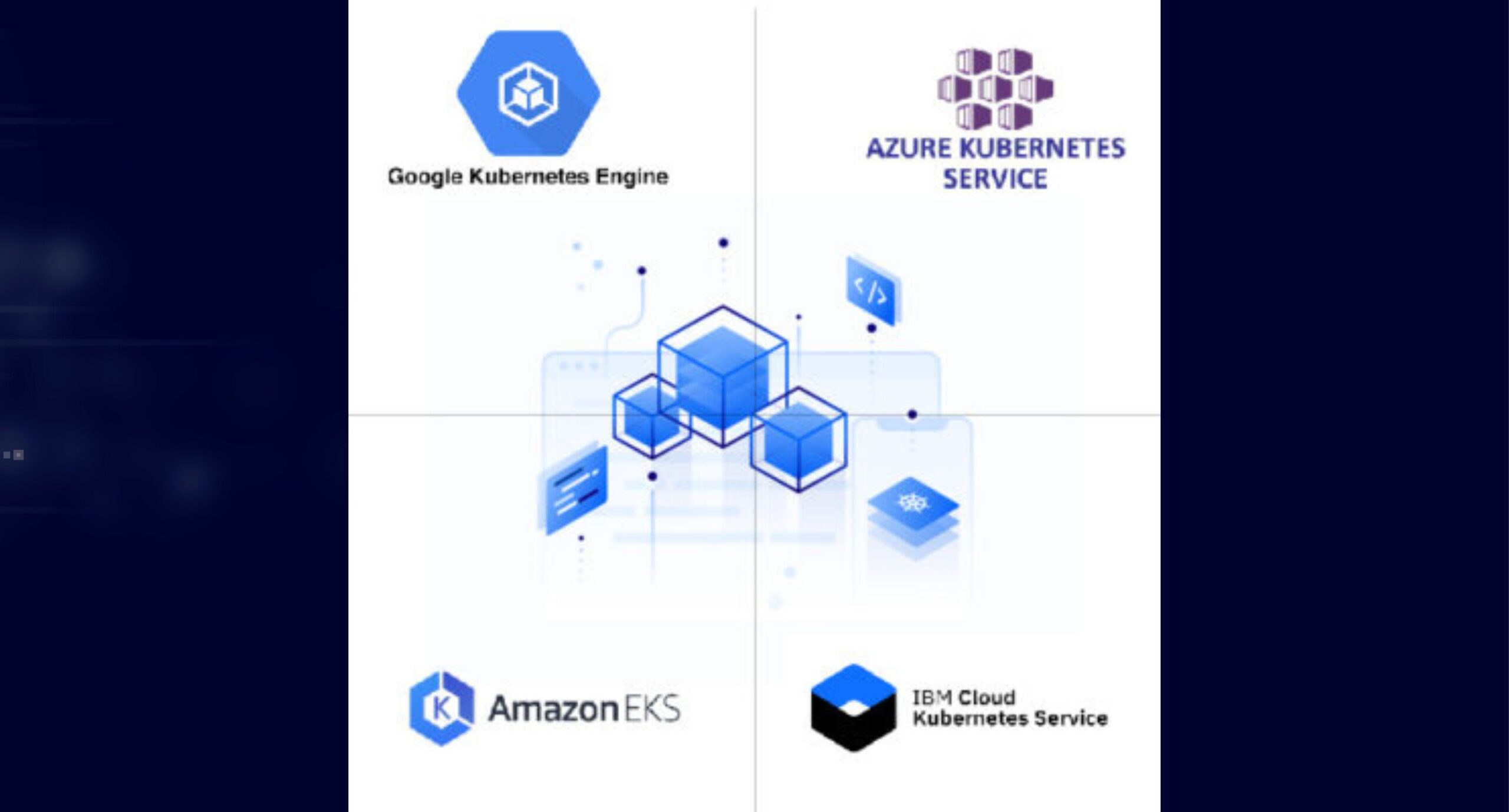The year 2020 is the disrupter year of the millennium but do you know the status of the technology disrupter?
In 2020 the global blockchain market size, of 3.0 billion and is expected to reach 39.7 billion by 2025, blockchain has a CAGR growth rate of 67.3%
Today DevSamurai Vietnam will look at how the blockchain is used at the enterprise level.
1. Banking and online payment system:
Blockchain has already changed the banking sector. The decentralized channels created by Blockchain helps in faster, secure payments in lower fees that are required for processing. This system can even pay to the areas that don’t have a traditional banking system.
This system reduces the verification systems from third parties work on clearance and settlements systems faster than the traditional banking system. From peer-to-peer transfer systems, technology like bitcoin allows anyone to send money across portals instantly with very low fees.
The remittance industry is booming in many parts of the world. Abra, a cryptocurrency wallet exchange app, works on bitcoin-based services. Barclays is using bitcoin for their business operations to make it faster, secure, and efficient. Banks are increasing their investment in blockchain projects and start-ups.
2. Cyber security:
Although the blockchain technology is public the data is verified and secured using advanced cryptography, it is resistant to unauthorized changes and hacks (without authorizations).
By creating decentralized storage solutions and safer DNS it enhances the security for IoT systems using its end-to-end encryption systems.
Even NASA has its implementation of Blockchain infrastructure for Air traffic management that increases security, Authentication, and Privacy.
3. Supply chain management:
In Blockchain technology transactions are decentralized records to be monitored securely and transparently. This reduces the time delays, monitors costs, and labors, wastes, and emissions at every point. This is a serious implication on understanding the environmental impact of products, It also verifies authenticity or fair trade status of products by tracking them from their origin.
Provenance, Fluent, Skuchain, and Blockverify are working to improve supply chains using blockchain.
See more about Blockchain in Supply chain industry
4. Forecasting:
Forecasting requires research, analysis, consulting and the entire approach will be changed by blockchain.
Augur is working to create global decentralized prediction markets. This technology is used to monitor the bets in anything from sports to stocks to elections in any like sports, elections, and markets in a decentralized way.
5. Networking and IoT:
Blockchain has already penetrated Industries like the automotive industry, smart homes, sharing economy, water management. With the IoT network management using blockchain for smart contracts complete end-to-end user authentication along the same network is easily implemented.
6. Insurance:
The global insurance market is based on trust management; blockchain is a new way of managing trust and is used to find the many types of data in the insurance contract. Like the insurance person’s identity.
Real-world data is integrated with help of smart contracts of blockchain. This is good for insurance like crop insurance.
Eternity is creating blockchain product that is building tools for the insurance industry.
7. Private transport and ride-sharing:
Blockchain can be used to create decentralized versions with peer-to-peer ride-sharing apps that allow both car owners and passengers to agree with the terms and conditions securely without third party providers.
Starts up, Arcade city and La’zooz. Built-in pay wallets can help car owners automatically pay for parking, tolls, and electricity top-ups to vehicles. UBS, ZF, and Innogy.
8. Cloud-storage:
Data stored on centralized servers are inherently vulnerable to hacking, data loss, and human error. Cloud-storage based on blockchain is secure and robust against attacks.
Storj: Decentralised cloud storage network using blockchain.
9. Charity:
Common complaints in charity space include inefficiency and corruption, blocking money from reaching those who meant to have it.
Using Blockchain technology to track donations can help the donations to get in the right hands.
Bitgive foundations give users blockchain secure and transparent distributed leisure to lets donors see where their donations go.
10. Public benefits:
This system suffers from slowness and bureaucracy. Blockchain technology can help assess, verify, and distribute benefits securely in a much more streamlined and secure way. Govcoin is UK based company that is helping the government to distribute the public benefits using the blockchain.
Blockchain is a good contender to implement the basic income.
Circles are project working on developing a blockchain-based universal basic income.
11. Healthcare:
Sensitive data of hospitals need a secure platform to store and share data. They are also victims of hacking as the data is not structured.
Blockchains can help hospitals safely store medical records and share them with authorized doctors and patients. This will improve data security and improves the accuracy and speed of diagnosis.
12. Energy management:
Energy management is a highly centralized industry for a long time. Public grids are used by the energy producers to sell their energy to consumers.
Transactive grid users the Ethereum blockchain and allows customers to buy and sell energy from each other in a decentralized way.
13. Online music:
Blockchain startups are coming up with ways for musicians to get paid directly from their fans without giving a large percentage of sales to record companies. Smart contracts resolves issues with licensing and catalog songs with their counterparts.
Mycelia and UJO and many start-ups are focusing on creating blockchain-based solutions for the music industry.
14. Retail:
Trusting the retail system while buying is all we need as a customer. While you pay through cards, you end up paying a minor transaction fee along with the product bill. Now, buyers can connect to retail directly by blockchain app for retailers to connect buyers and sellers without any additional fees.
Trust comes from smart contract systems, the security of exchanges, and built-in reputed management systems.
OB1 and Openbazaar are now having their decentralized marketplace Haven based on blockchain technology.
15. Real estate:
Real estate deals with bureaucracy and devoid of transparency it increases fraud, and unreal data in public space.
Blockchain technology can speed up transactions by reducing the need for paper-based record keeping, help with tracking, verifying ownership, ensuring the accuracy of documents. And transferring property deeds.
Ubiquity is a blockchain-secured platform for real estate record-keeping, that is an alternative for the legacy paper-based system.
To summarize, welcome the new world of blockchain that uses apps to provide transparency with quick and reliable results.

